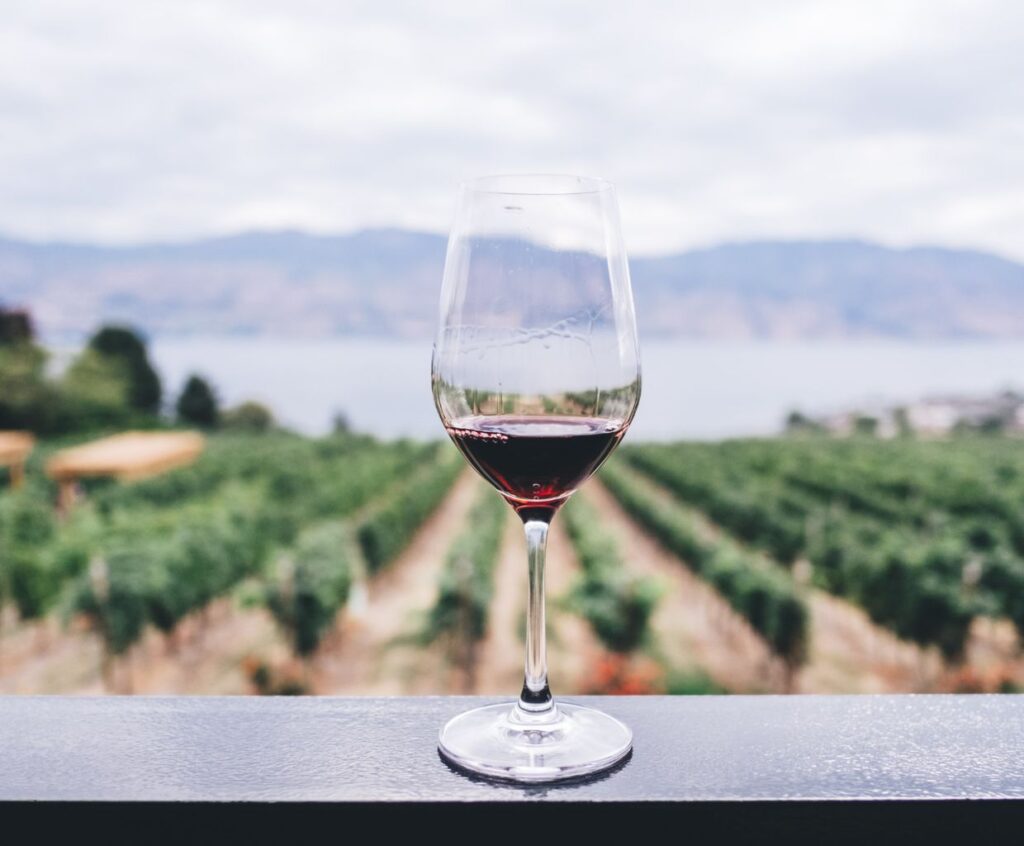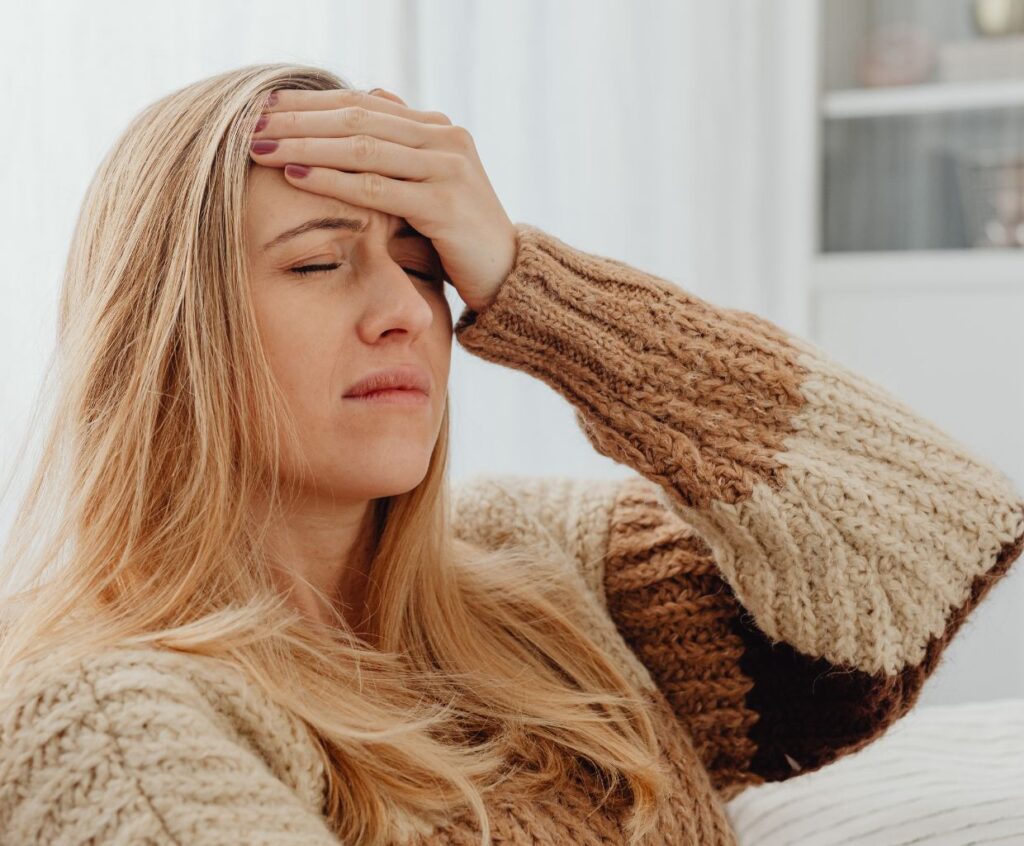How Long Can You Keep Your Wine After Opening?
Welcome to this article, where we explore the age-old question – how long can you keep your wine after opening it? We all know that once you uncork that bottle of wine, it interacts with oxygen, affecting its taste and quality.
But how long can you savor the flavors of your favorite wine before it goes wrong? Let’s find out!
Why Does Wine Go Bad?
Before we dive into the specifics, it’s essential to understand why wine goes terrible after opening. As mentioned earlier, when you open a bottle of wine, it comes into contact with oxygen. This interaction initiates a process called oxidation, which alters the chemical composition of the wine and leads to changes in taste and aroma.
Other factors like temperature, humidity, and light exposure can also accelerate this process.
The Lifespan of Different Wines
Red Wine
Red wine typically has a longer lifespan after opening compared to white wine. On average, an opened red wine bottle can last about 3-5 days. However, this can vary depending on the specific type of red wine and its quality. Full-bodied red wines like Cabernet Sauvignon or Syrah last longer due to their higher tannin content, a natural preservative.
White Wine
Unlike red wine, white wine is generally more delicate and susceptible to oxidation. Most white wines can be enjoyed up to 2-3 days after opening, but it’s crucial to refrigerate them to slow down the oxidation process. Lighter white wines such as Sauvignon Blanc or Pinot Grigio have a shorter lifespan compared to fuller-bodied whites like Chardonnay.
Sparkling Wine
Sparkling wines, including Champagne and Prosecco, have a shorter shelf life after opening due to their enthusiasm. Once the bottle is opened and the carbonation is released, the wine loses its bubbles and freshness. Consuming sparkling wine within 1-3 days after opening is recommended, preferably by using a wine stopper to preserve some of the fizz.
Tips for Extending the Lifespan
To make the most out of your opened bottle of wine, consider these tips:
-
- Refrigerate the wine: Keeping the wine chilled slows down oxidation.
-
- Use a wine stopper: This helps minimize oxygen exposure.
-
- Choose a smaller container: Transferring leftover wine to a smaller container reduces the amount of air in contact with the wine.
-
- Finish it off with cooking: If you can’t finish the wine in time, use it for cooking to avoid wasting it.
Are there any specific storage methods or conditions that can extend the lifespan of opened wine?
Yes, there are several storage methods and conditions that can help extend the lifespan of opened wine:
1. Refrigeration: Storing opened wine in the refrigerator can slow the oxidation process and help preserve its flavor. Red wine can be stored in the fridge for up to 3-5 days, while white wine can last up to 5-7 days.
2. Vacuum Sealing: Using a vacuum sealer to remove excess air from the bottle can help prevent oxidation. This can extend the lifespan of opened wine for an additional 1-3 days.
3. Inert Gas Systems: Specialized wine preservation systems use inert gases like argon or nitrogen to create a protective layer on the wine, preventing oxidation. These systems can extend the lifespan of opened wine for several weeks or even months.
4. Repurposing Bottles: Transferring the remaining wine to smaller bottles or containers can minimize the amount of air in contact with the wine, slowing down oxidation. Make sure to fill the container as much as possible to reduce the air space.

Remember, even with these methods, opened wine will eventually oxidize, and its flavor will deteriorate over time. Consuming opened wine within a few days is best for optimal taste.
Can wine preservation tools, such as vacuum pumps or inert gas sprays, prolong the freshness of opened wine?
Yes, using wine preservation tools such as vacuum pumps or inert gas sprays can help prolong the freshness of opened wine. Vacuum pumps remove the air from the bottle, slowing down the oxidation process that can degrade the wine’s flavor and aroma.
Inert gas sprays, on the other hand, create a protective layer of gas (usually argon or nitrogen) on top of the wine, which prevents oxygen from coming into contact with the wine and causing spoilage. Both methods can help preserve the wine’s quality for more extended, allowing you to enjoy it over multiple sittings.
What is the recommended shelf life for opened wine before it deteriorates?
The recommended shelf life for opened wine is usually 3-5 days before it deteriorates. However, this can vary depending on the type of wine and how it is stored. Some wines may last longer if stored properly with airtight closure and refrigeration. Consuming opened wine within a few days is always best to enjoy its optimal taste and quality.
How does the type of wine affect its longevity after opening?
The type of wine can significantly impact its longevity after opening. Here are some key factors to consider:
1. Red wine vs. White wine: Generally, red wines have a longer shelf life after opening than white wines. Red wines typically have higher tannin levels and alcohol content, which act as preservatives and help slow down oxidation.
2. Age-worthy wines: Certain wines, particularly those with high acidity, firm tannins, and complex flavors, can age well and remain drinkable for several days or weeks after opening. Examples include Bordeaux, Barolo, Cabernet Sauvignon, or Syrah/Shiraz wines.
3. Light-bodied wines: Lighter wines like Beaujolais or Pinot Noir tend to have a shorter lifespan after opening. Their delicate flavors and lower tannin levels make them more susceptible to oxidation, causing them to deteriorate quickly.
4. Sweet or fortified wines: Sweet wines, like Port or Sauternes, and fortified wines, such as Sherry or Madeira, have a longer shelf life after opening due to their higher sugar and alcohol content. These factors help preserve the wine and prevent spoilage.
5. Sparkling wines: Sparkling wines, including Champagne, Prosecco, or Cava, tend to lose their carbonation and freshness relatively quickly after opening. Consuming them within a day or two is advisable to enjoy their optimal taste.
To maximize the longevity of opened wine, storing it properly is crucial. Resolving the bottle with a cork or airtight stopper is recommended, storing it in a calm and dark place and avoiding exposure to excessive heat or light. Additionally, using a wine preservation system or transferring the leftover wine into a smaller container to reduce air contact can help extend its lifespan.
How Long Can You Keep Your Wine After Opening? – Conclusion
In summary, the lifespan of an opened bottle of wine varies depending on the type of wine. Red wines typically last 3-5 days, white wines 2-3 days, and sparkling wines 1-3 days. Remember to store your wine correctly, refrigerate it, and use wine stoppers to extend its lifespan.
Now, you can confidently enjoy your favorite wines without worrying about them going bad!



